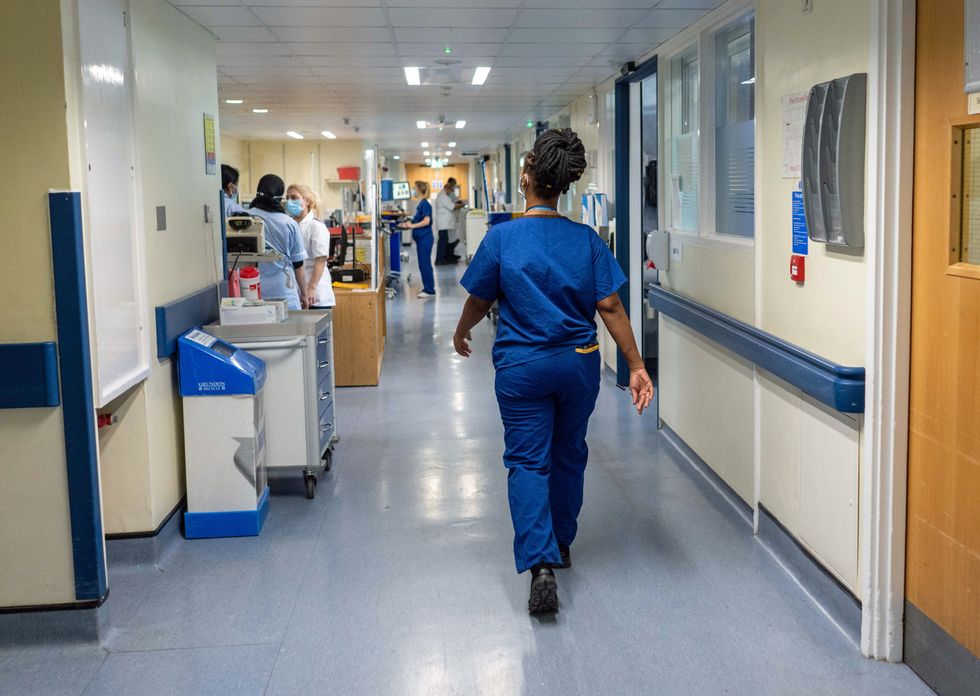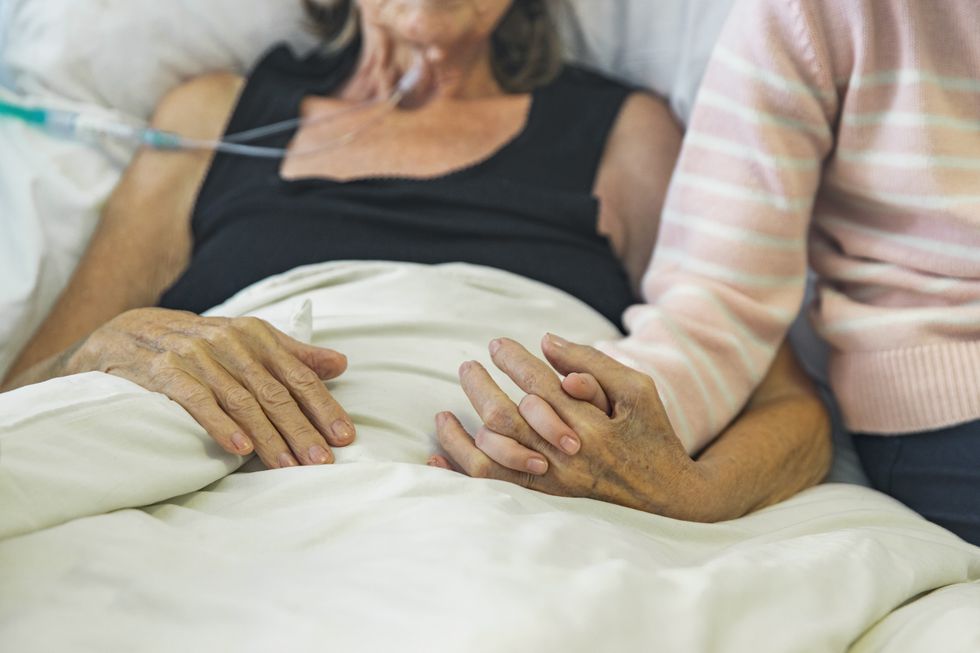What happens when you die? Doctor shares various stages of death and why we shouldn't be afraid
A doctor shared what happens to the body before death
A retired doctor has spoken about what happens when we die
Don't Miss
Most Read
Trending on GB News
A woman who worked as a palliative care doctor gave an insight into what happens before death.
She explained the various stages and why Britons shouldn't be afraid.
Dr Kathryn Mannix explained the body goes through something similar to a phone running out of battery.
She said: "The first thing that's noticeable is just that the body starts to run out of energy, almost like when you've got an old mobile phone and the battery won't stay charged."

The doctor explained it is not frightening
PA
The expert said most people will sleep more, to help them feel "charged".
They are also likely to stop eating, but Dr Mannix said that is "fine".
"The charger is sleep, more than food, more than drink. And in fact a lot of dying people don't feel very hungry and that's fine.
"They're not dying because they're not eating. They're not eating because their body is dying.
She said people need more sleep as they get closer to death.
Dr Mannix added sleeping turns into unconsciousness, but most people "don't recognise the difference".
For this reason, the expert said it's "not frightening", it is more a state of "not knowing anything".
She added breathing might become irregular but that is a sign of "deep unconsciousness" rather than pain.
LATEST DEVELOPMENTS

The expert said dying people will sleep more
GETTY
"This person is quite safe. And then at the very end of somebody's life there will usually be one of those slow breathing phases," she told BBC's Woman's Hour while discussing her new animation 'Dying for Beginners'.
This comes as actor Sam Neill recently shared he's "not afraid of dying".
He said this after being diagnosed with a rare blood cancer last year.








